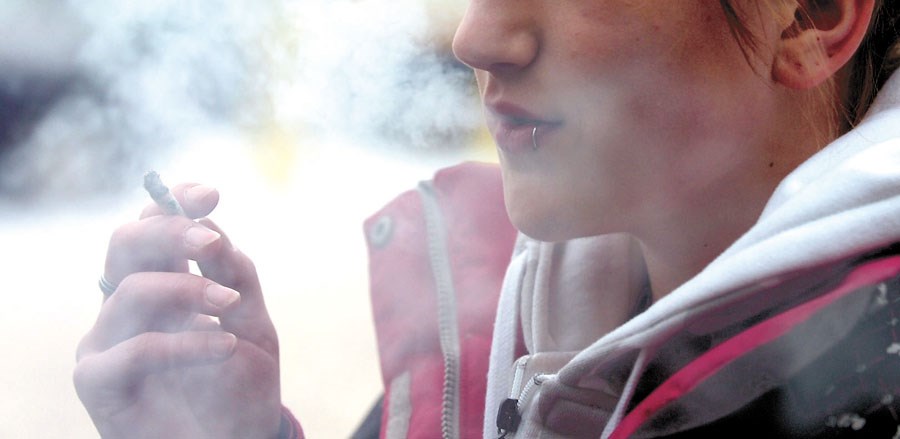Some tobacco retailers may be asking for identification from teenagers, but according to Northern Health, that's not enough to slow down sales.
The health authority often hires teenagers to try to purchase cigarettes from retailers and a recent change in policy has seemed to indicate that even when an ID is produced clearly showing someone is underage, the transaction is still completed.
On one of the first nights of the new policy, all 10 workers at retail outlets who asked to see ID, still sold the underaged shoppers cigarettes.
Public health, population and protection regional director Lucy Beck said Northern Health is now asking the teenage mystery shoppers to give their own ID when asked for it. In the past, if a retailer simply asked to see the ID, it was considered passing the test.
"It's been a program that we've been evaluating and changing," Beck said. "We used to use really young-looking kids, but we asked, 'Really? What are we testing for? If people are stupid or not?' "
Now the health authority is using older shoppers, aged between 15 and 17. Tobacco can't be sold to anyone under the age of 19 in B.C.
"We really want to find out are you, as someone selling tobacco really doing your job?" Beck said.
Beck said the number of people selling to teenagers remains a concern, but called the 100 per cent noncompliance rate on that one day "a very unusual circumstance." She estimates at least 85 per cent of retailers are both asking for and checking ID as well as denying the sale to teenagers when they determine that they're not legal age.
According to Beck, it's more common for teens to be able to purchase cigarettes in the evenings when young people are often working behind the counter.
Beck said research has shown that many long-term smokers began the habit when they were between the ages of 13 and 15, so stopping teens from starting could have long-term positive public health outcomes.
"The problem that happens is when they sell them to the kids, then the kids sell them to each other, then we still have that smoking going on," Beck said.
In addition to the teenage shoppers, Northern Health also has three tobacco enforcement officers who enforce the Tobacco Control Act at the 500-plus retail outlets in northern B.C. who sell the product.



